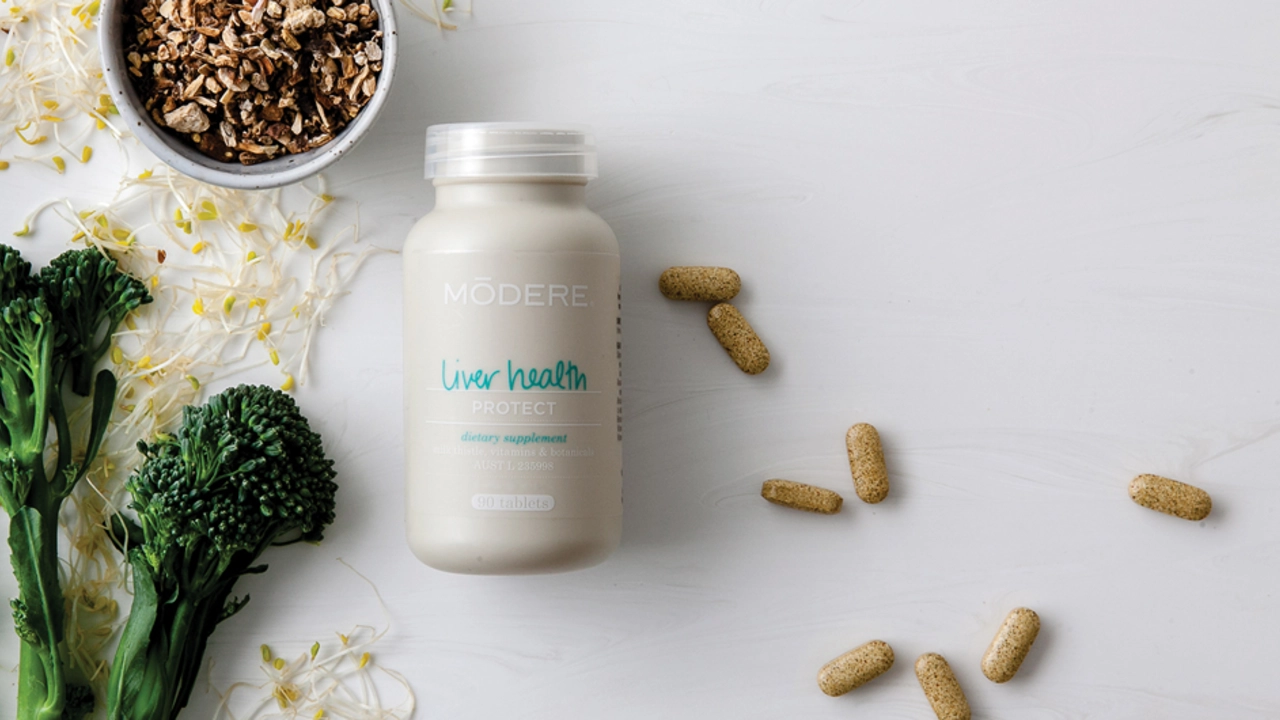Asparagus Racemosus (Shatavari): Uses, Dosage, Safety, and How to Pick a Good Supplement
Shatavari (Asparagus racemosus) is an Ayurvedic herb people use for women's health, digestion, and general vitality. It’s the root that gets used, usually powdered, as an extract, or in tinctures. If you’re curious about trying it, here’s a short, practical guide that tells you what works, what’s supported by research, and what to watch for.
What people use it for
Most common use is to support lactation. Small clinical trials in India reported increased milk volume in breastfeeding women using Shatavari over a couple of weeks. People also take it for menstrual support, mild hormonal balance, and digestive comfort. Some animal and limited human studies suggest antioxidant and immune-support effects, but the strongest human data right now is on milk production.
Men sometimes use it too. A few small studies and animal research hint at improved sperm quality and reproductive support, but evidence is limited. Treat those claims as tentative until larger human trials appear.
How to take it and practical tips
Forms: powder, capsules, standardized extracts, and tinctures. Powder mixes into milk, smoothies, or tea. Capsules and extracts are easiest for consistent dosing.
Typical dosing you’ll find on labels: powdered root 1–3 g per day or extract 300–600 mg daily. Start at the lower end and watch how you feel. If you plan long-term use, check with a healthcare pro so they can monitor interactions or lab effects.
Quality tips: choose products that list root only (no fillers), preferably organic. Look for third-party testing (USP, NSF, or independent lab reports). If an extract is used, a label that mentions shatavarin content or standardization is a plus. Avoid blends that hide the ingredient under vague proprietary names.
Simple home use: mix 1 teaspoon (about 2–3 g) of powder into warm milk with a little honey once daily. That’s a traditional method and is gentle for most adults.
Safety and interactions: side effects are usually mild — think stomach upset or occasional allergic reaction. Shatavari may have hormone-like activity, so talk to your doctor if you have hormone-sensitive conditions (like certain cancers) or are on hormone therapy. If you have diabetes or take blood sugar medications, monitor glucose closely since the herb can affect blood sugar. Pregnant people should avoid new herbs unless cleared by their clinician. Breastfeeding people often use Shatavari, but check with a provider first.
When to see a doctor: if you get a rash, sudden stomach pain, allergic symptoms, or if symptoms you’re treating don’t improve after a few weeks. Also ask a clinician before combining Shatavari with prescription meds.
Bottom line: Shatavari is a widely used traditional herb with decent support for boosting milk supply and a long history of safe use. Choose a clean product, start low, and check with your healthcare provider if you have health conditions or take other medicines.
Unleash Your Body's Potential with Asparagus Racemosus: The Dietary Supplement That's Taking the World by Storm
Hi there! I just had to share about this incredible dietary supplement that’s sweeping the globe - Asparagus Racemosus. It's not just a plant, it's a powerhouse packed with potential health benefits. This supplement has been showing promising effects in boosting our body's potential, and people worldwide are raving about it! So, come join me as we dive deep into exploring what Asparagus Racemosus is all about and how it's changing lives.
VIEW MORE
